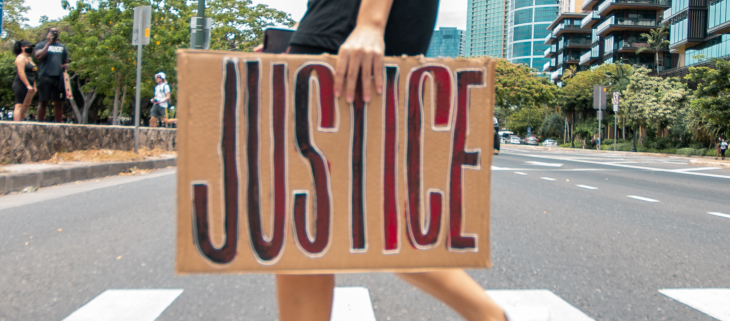
Restorative Justice
Restorative Justice is a form of justice that emphasizes repairing the harm caused by criminal behavior. Restorative justice practices use a cooperative approach that brings together the person who caused the harm and the people most directly affected by the negative behavior. While the exact approach differs depending on the situation, often there are community facilitators who work with participants to share their experience of what happened and help them reach consensus about how to repair the harm. That might be an apology, payment, or community work. The idea is that crime doesn’t “break laws” and “harm the state” so much as it affects the relationships between the human beings involved in the situation. Restorative justice helps repair those harms.

The Neighborhood Courts program is a pre-filing diversion program coordinated by the District Attorney’s Office (DAO) and Conflict Resolution Center that diverts certain low level misdemeanor offenses from entering the criminal justice system. Participants voluntarily and confidentially take part in a community-based process that uses restorative justice principles. The DAO decides whether to divert a case to Neighborhood Courts. If the process is successful, the DAO does not file charges or, if charges were filed, the case is dismissed. Participants do not have an attorney in Neighborhood Courts and the program does not take place in a courtroom. Instead, the participant and the person who experienced harm meet with a panel of trained community volunteers to discuss issues related to the offense, such as why it happened and how the participants feel about it. The panel and the participant work together to plan how to repair the harm and restore the community. To learn more about Neighborhood Courts, visit the Neighborhood Courts website.